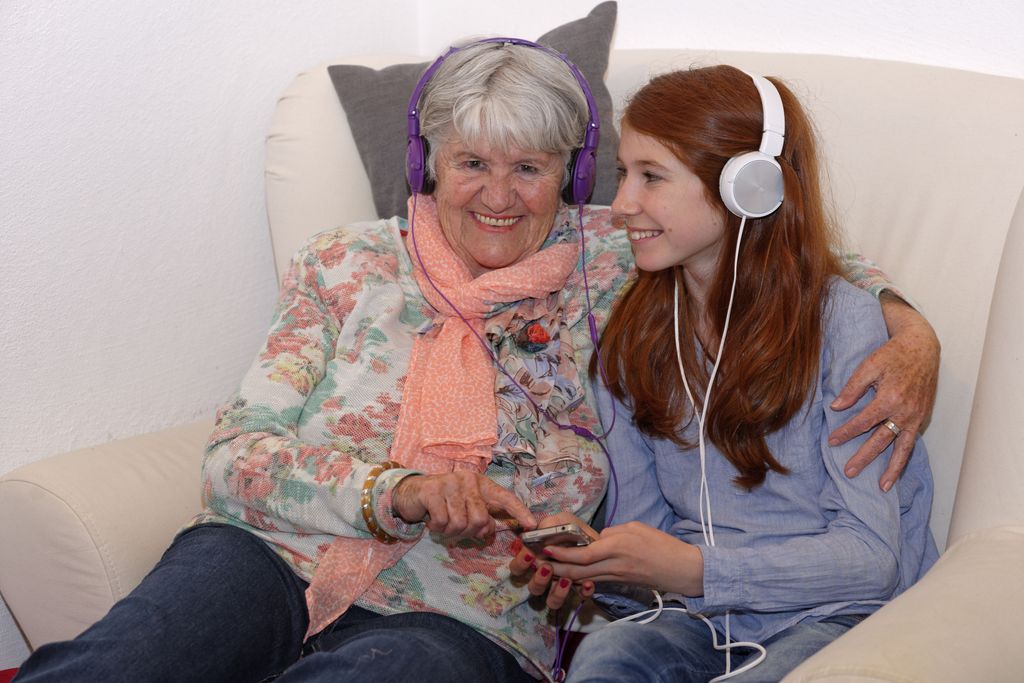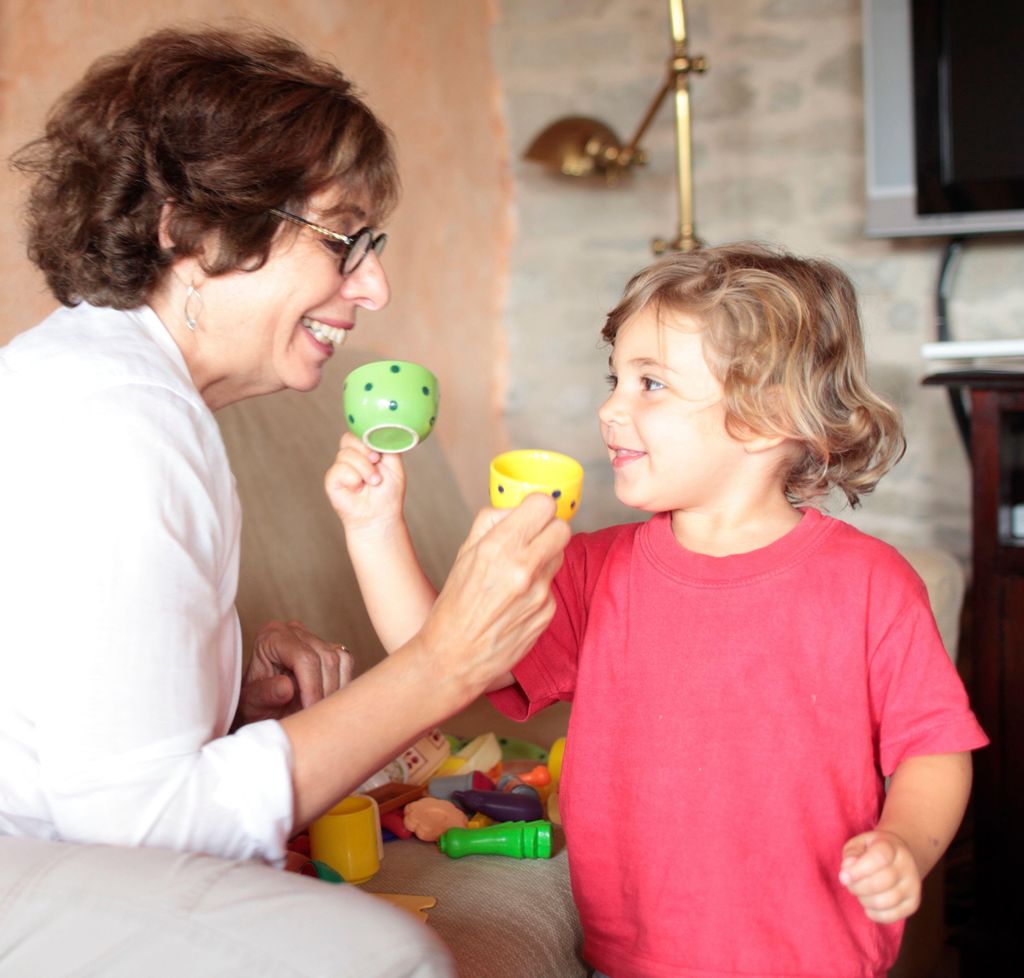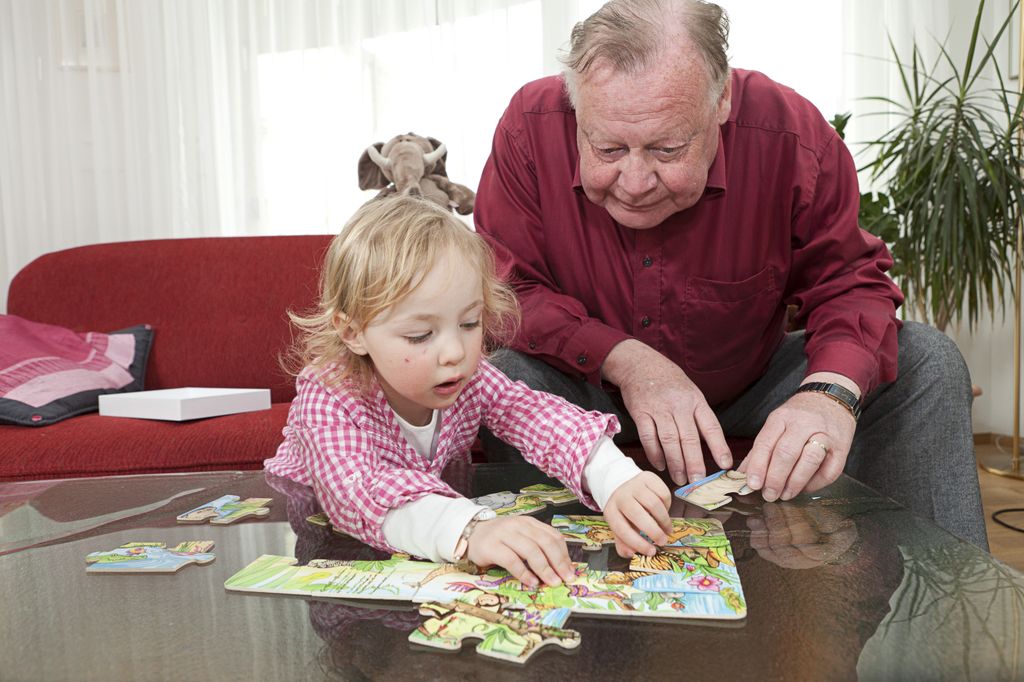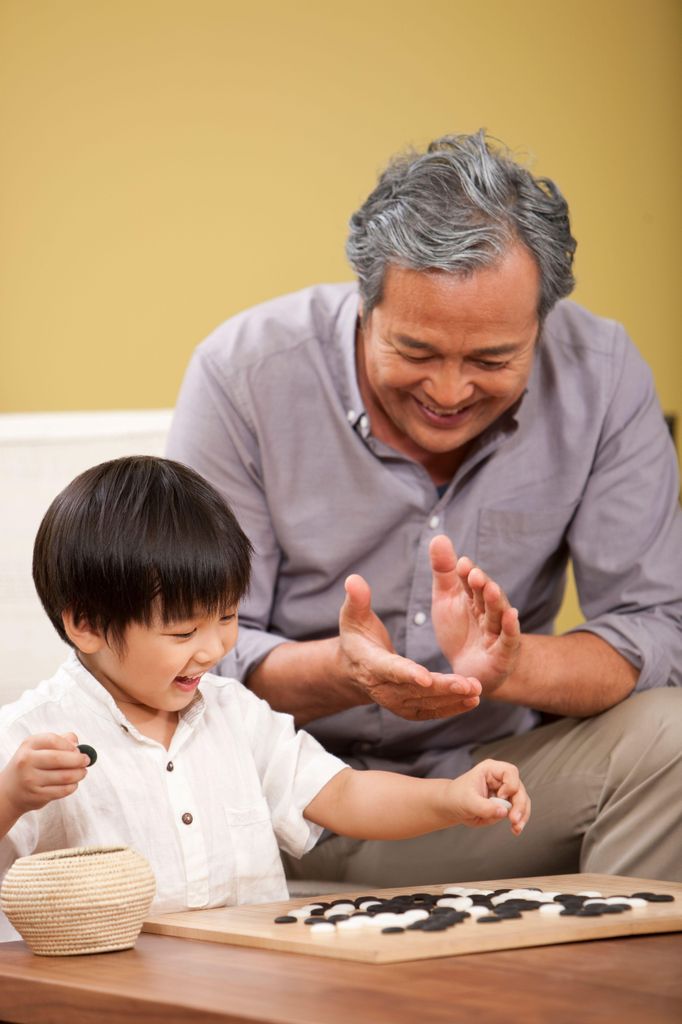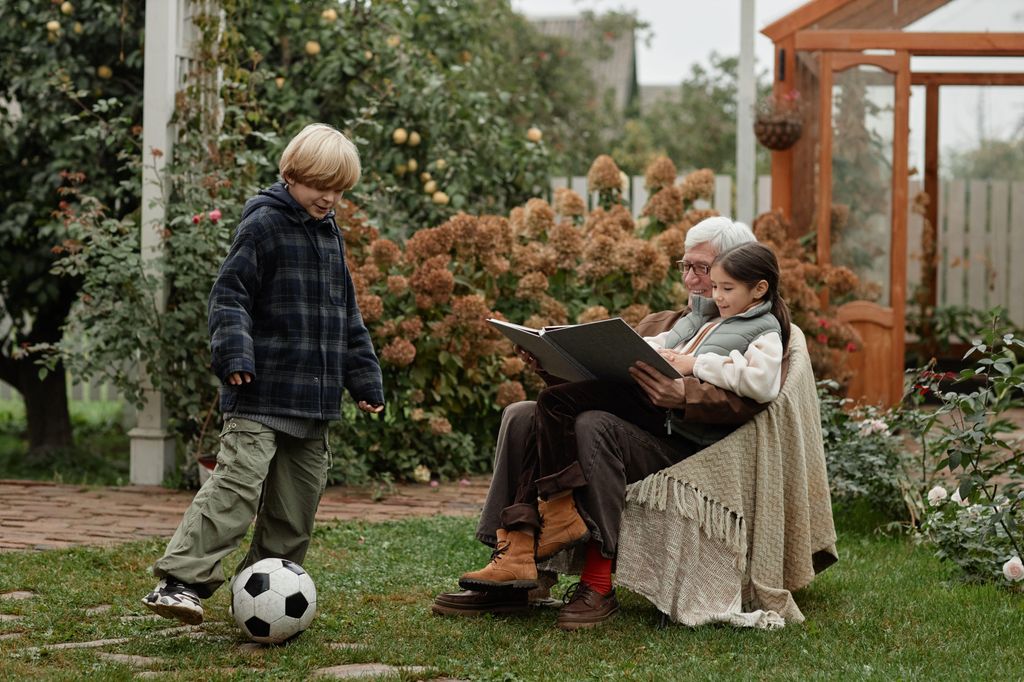The summer break is nearly upon us, and while that means children are out of school, it doesn’t necessarily mean that parents are off from work.
Childcare can be costly and one of the most obvious ways to handle this is leaving the children in the care of their grandparents. However, they might feel uncertain how best to look after their grandchild in an era filled with technology like tablets and phones.
It’s a balance between allowing them the screen time they’re craving, as well as making sure they’re playing in healthier ways and enjoying nature.
HELLO! has spoken to several child psychologists and picked out the best advice in order to keep the little ones amused for the day…
Don’t overthink play
Dr. Robyn Koslowitz, a clinical child psychologist and the author of Post-Traumatic Parenting, explained: “If you feel unsure about how to play, you’re not alone. So many adults tell me they feel awkward or incompetent at play. The good news is that your grandchild’s imagination will do most of the work.
“A pretend tea party with a four-year-old usually just involves you sitting still and being handed imaginary muffins and being told exactly how to eat them. And if you’re worried about getting stuck playing for hours, set a timer.
She added: “If they complain, that just means they had a good time, and then you can teach the skill of moving on and planning for next time.”
Robyn concluded: “Because in the end, the goal isn’t to keep kids distracted, it’s to help them feel connected. And that starts with just showing up and being with them, even if all you’re doing is pretending to sip invisible tea.”
Dr Ellie Hambly, a clinical psychologist, agreed, mentioning: “Children don’t need constant entertainment. What they truly need is connection. Screen-free time doesn’t have to be perfect to be meaningful. A few intentional, present moments each day can be more impactful than hours of stimulation.”
Many activities might end up feeling “second nature” to a grandparent who grew up without technology, so your memories of what you did growing up can be applied. Whether that’s through doing a puzzle together, storytelling or baking, there’s plenty of simple activities that can be done.
Jennifer Kalman, a therapist for JustAnswer shared: “These types of activities might be second nature for a grandparent who didn’t grow up on a device, but for their grandchildren and their parents, it could be a time of transition if they are used to having the digital babysitter.”
Experiment with board games
Family games night is always an event and there are plenty of board games that can keep everyone entertained. And Robyn advised that this doesn’t mean playing by the rules. “You can create your own family rules,” she said. “Just write them down and call them Our Family’s Rules.
“For example, in the game Sorry, all players are supposed to leave the start zone only on a 1 or 2 card. But if you’re playing with a five-year-old who’s having trouble getting started, you might agree as a family that children under 6 can also move out on the number of their age.”
Ellie emphasised that board games are perfect for all ages. “Depending on their ages, children might also enjoy more complex games and love learning something new from you,” she said. “These relaxed, shared moments often spark the best conversations and create cherished memories.”
Don’t over-exert yourself
While children will be filled with energy, it might end up being the opposite for their grandparents. However, there are still ways to keep everyone entertained without getting exhausted trying to keep up with them.
Children’s author and former teacher, Kailan Carr explained: “They should choose activities they are able to supervise within their capabilities and remind themselves that they don’t have to be getting on the floor to play. That’s the child’s job and many benefits occur when adults take a step back.”
Sharing an idea, Robyn said: “Reading aloud is another underrated activity. You can read to your grandchild, take turns reading, or let them act out their favourite scenes. Some grandparents also enjoy telling personal stories from their own childhoods. These stories give children a sense of identity and belonging that no app can replicate.”
Set boundaries
While you might be aiming to make sure that your grandchild has little to no screen time during your time together, it’s important to remember that this might not be the case when they’re at home with their parents. Therefore, setting out the boundaries for what they’re allowed is a step that needs to be taken.
Dr Ellie advised: “Be clear about your own boundaries. Whether that’s around screen use, tidy-up expectations, or behaviour, it’s important to ensure that you and the parents are aligned. Consistency between caregivers helps children feel secure and reduces confusion or conflict.”

